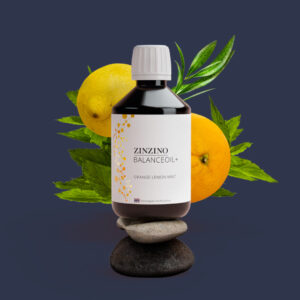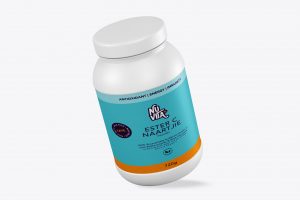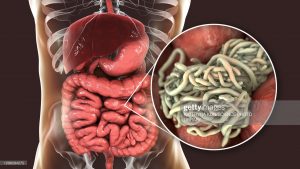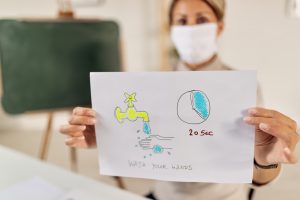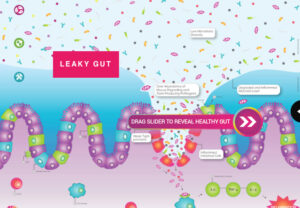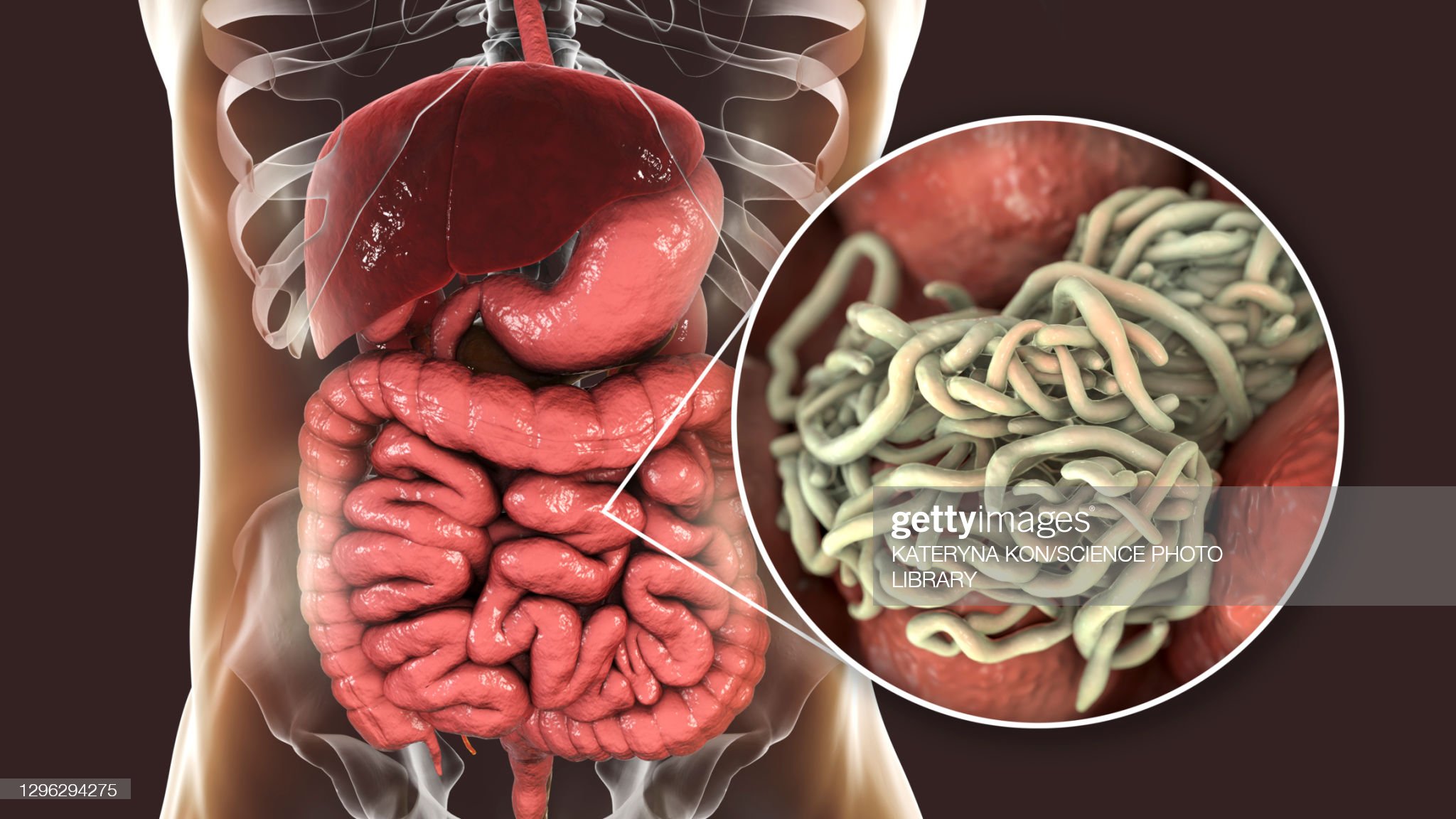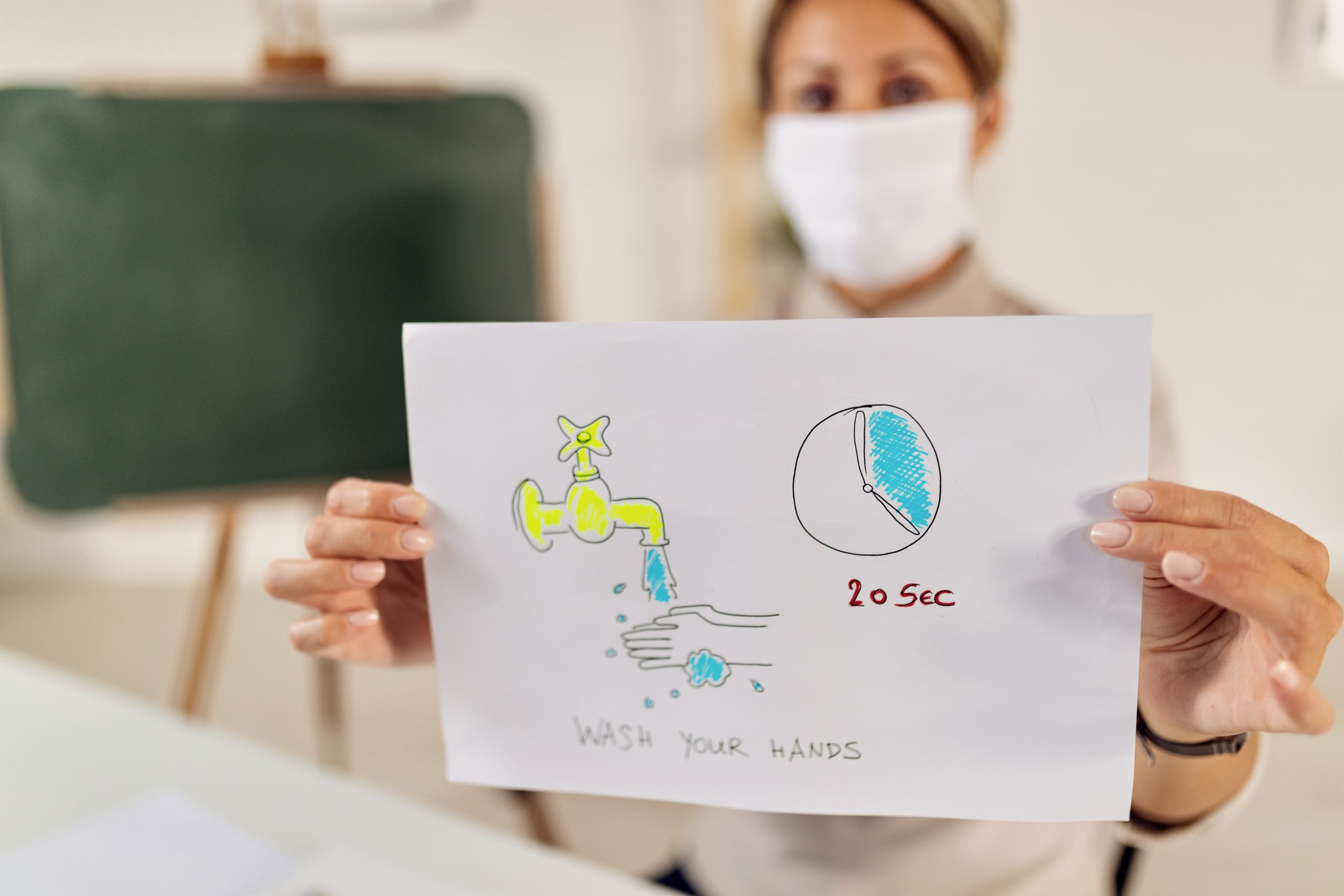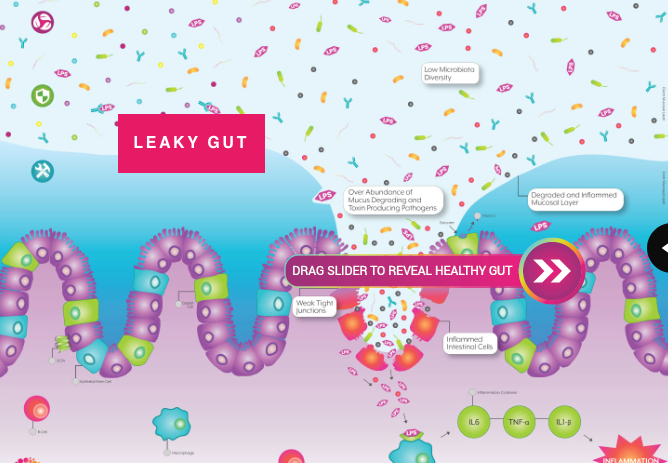Vitamin C as aTreatment Protocol for COVID-19
Feb 10, 2020
Vitamin C and its Application to the Treatment of nCov-19
How Vitamin C Reduces Severity and Deaths from Serious Viral Respiratory Diseases
Most deaths from coronavirus are caused by pneumonia. Vitamin C has been known, for over 80 years, to greatly benefit pneumonia patients. In 1936 Gander and Niederberger found that vitamin C lowered fever and reduced pain in pneumonia patients.
In the same year, Hochwald independently reported similar results. He gave 500 mg of vitamin C every ninety minutes. McCormick gave 1000 mg vitamin C intravenously, followed by 500 mg orally every hour. He repeated the injection at least once. On the fourth day, his patient felt so well that he voluntarily resumed work, with no adverse effects.
In 1944 Slotkin and Fletcher reported on the prophylactic and therapeutic value of vitamin C in bronchopneumonia, lung abscess, and purulent bronchitis. “Vitamin C has greatly alleviated this condition and promptly restored normal pulmonary function.” [4]
Slotkin further reported that “Vitamin C has been used routinely by the general surgeons in the Millard Fillmore Hospital, Buffalo, as a prophylactic against pneumonia, with complete disappearance of this complication.”
Feb 13, 2020
Coronavirus Patients in China to be Treated with High-Dose Vitamin C
Breaking news: China is conducting a clinical trial of 24,000 mg/day of intravenous vitamin C to treat patients with coronavirus and severe respiratory complications. Participants will receive IV vitamin C for 7 days straight at Zhongnan Hospital of Wuhan University. Honor and thanks are due to Zhiyong Peng, MD, for making this happen. He is chief physician and professor at the hospital, which is close to ground zero for coronavirus. This important study was filed and announced yesterday and details may be confirmed at https://clinicaltrials.gov/ct2/show/NCT04264533
At Zhongnan Hospital in Wuhan, China, 24,000 mg of vitamin C will be administered to coronavirus patients, intravenously, each day for 7 days.
Feb 16, 2020
Early Large Dose Intravenous Vitamin C is the Treatment of Choice for 2019-nCov Pneumonia. Richard Z Cheng, MD, PhD; Hanping Shi, MD, PhD; Atsuo Yanagisawa, MD, PhD; Thomas Levy, MD, JD; Andrew Saul, PhD.
(OMNS February 16, 2020) The 2019-nCov (coronavirus) epidemic originated in Wuhan, China and is now spreading to many other continents and countries, causing a public fear. Worst of all, there is no vaccine or specific antiviral drugs for 2019-nCov available. This adds to the public fear and gloomy outlook. A quick, rapidly deployable and accessible, effective and also safe treatment is urgently needed to not only save those patients, to curtail the spread of the epidemic, but also very important in the psychological assurance to people worldwide, and to the Chinese in particular. Acute organ failure, especially pulmonary failure (acute respiratory distress syndrome, ARDS) is the key mechanism for 2019-nCov’s fatality. Significantly increased oxidative stress due to the rapid release of free radicals and cytokines etc. is the hallmark of ARDS which leads to cellular injury, organ failure and death. Early use of large dose antioxidants, especially vitamin C (VC), therefore, plays a key role in the management of these patients. We call upon all those in the leadership, and those providing direct assistance patients, to bravely and rapidly apply large dose intravenous vitamin C (IVC) to help those patients and to stop this epidemic.
2019-nCov is a rapidly developing epidemic with a high morbidity and mortality.
Feb 21, 2020
Three Intravenous Vitamin C Research Studies Approved for Treating COVID-19
Intravenous vitamin C is already being employed in China against COVID-19 coronavirus. I am receiving regular updates because I am part of the Medical and Scientific Advisory Board to the International Intravenous Vitamin C China Epidemic Medical Support Team. Its director is Richard Z. Cheng, MD, PhD; associate director is Hong Zhang, PhD. Among other team members are Qi Chen, PhD (Associate Professor, Kansas University Medical School); Jeanne Drisko, MD (Professor, University of Kansas Medical School); Thomas E. Levy, MD, JD; and Atsuo Yanagisawa, MD, PhD. (Professor, Kyorin University, Tokyo). To read the treatment protocol information in English: http://orthomolecular.org/resources/omns/v16n07.shtml (Protocol in Chinese at http://www.doctoryourself.com/Coronavirus_Chinese_IV_C_Protocol.pdf
February 23, 2020
TONS OF VITAMIN C TO WUHAN
China Using Vitamin C Against COVID
Fifty tons of vitamin C sent straight into Wuhan, full in the face of the COVID-19 epidemic. The news media are not reporting this, or any other, significantly positive megavitamin news.
Feb 21, 2020
Three Intravenous Vitamin C Research Studies Approved for Treating COVID-19
Direct report from China
Chinese OMNS edition editor Dr. Richard Cheng is reporting from China about the first approved study of 12,000 to 24,000 mg/day of vitamin C by IV. The doctor also specifically calls for immediate use of vitamin C for prevention of coronavirus (COVID-19). https://www.youtube.com/watch?v=TC0SO9KDG7Uhttps://www.youtube.com/watch?v=TC0SO9KDG7U
Mar 1, 2020
News Media Attacks Vitamin C Treatment of COVID-19 Coronavirus
Yet Ascorbate is a Proven, Powerful Antiviral
First of all, the naysayers are too late. Vitamin C is already being used to prevent and treat COVID-19 in China and in Korea. And it is working. A verified official statement from China’s Xi’an Jiaotong University Second Hospital:
“On the afternoon of February 20, 2020, another 4 patients with severe coronavirus pneumonia recovered from the C10 West Ward of Tongji Hospital. In the past 8 patients have been discharged from hospital. . . [H]igh-dose vitamin C achieved good results in clinical applications. We believe that for patients with severe neonatal pneumonia, and for critically ill patients, vitamin C treatment should be initiated as soon as possible after admission. Numerous studies have shown that the dose of vitamin C has a lot to do with the effect of treatment. High-dose vitamin C can not only improve antiviral levels, but more importantly, can prevent and treat acute lung injury (ALI and acute respiratory distress (ARDS).”
Mar 18, 2020
Successful High-Dose Vitamin C Treatment of Patients with Serious and Critical COVID-19 Infection. by Richard Cheng, MD, PhD
A group of medical doctors, healthcare providers and scientists met online March 17, 2020, to discuss the use of high dose intravenous vitamin C (IVC) in the treatment of moderate to severe cases of Covid-19 patients. The key guest was Dr. Enqian Mao, chief of emergency medicine department at Ruijin Hospital, a major hospital in Shanghai, affiliated with the Joatong University College of Medicine. Dr. Mao is also a member of the Senior Expert Team at the Shanghai Public Health Center, where all Covid-19 patients have been treated. In addition, Dr. Mao co-authored the Shanghhai Guidelines for the Treatment of Covid-19 Infection, an official document endorsed by the Shanghai Medical Association and the Shanghai city government.
Dr. Mao has been using high-dose dose IVC to treat patients with acute pancreatitis, sepsis, surgical wound healing and other medical conditions for over 10 years. When Covid-19 broke out, he and other experts thought of vitamin C and recommended IVC for the treatment of moderate to severe cases of Covid-19 patients. The recommendation was accepted early in the epidemic by the Shanghai Expert Team. All serious or critically ill Covid-19 patients in the Shanghai area were treated in Shanghai Public Health Center, for a total of 358 Covid-19 patients as of March 17th, 2020.
Dr. Mao stated that his group treated ~50 cases of moderate to severe cases of Covid-19 infection with high dose IVC. The IVC dosing was in the range of 10,000 mg – 20,000 mg a day for 7-10 days, with 10,000 mg for moderate cases and 20,000 for more severe cases, determined by pulmonary status (mostly the oxygenation index) and coagulation status. All patients who received IVC improved and there was no mortality. Compared to the average of a 30-day hospital stay for all Covid-19 patients, those patients who received high dose IVC had a hospital stay about 3-5 days shorter than the overall patients.
Read more here.
Mar 21, 2020
High-dose Intravenous Vitamin C Treatment for COVID-19
The evidence about COVID-19 pneumonia and well-established knowledge about related conditions suggests it is caused by the hyperactivation of immune effector cells. High-dose vitamin C may suppress these immune system effectors. As intravenous high-dose vitamin C treatment is known to be safe, this suggests that intravenous high-dose vitamin C may be the treatment of choice in the early stages of COVID-19.
Coronaviruses (CoVs) are large, enveloped, and positive sense RNA viruses that infect a broad range of vertebrates and cause disease of medical and veterinary significance. Human respiratory corona viruses have been known since the 1960s to circulate worldwide and to cause respiratory infection with rather mild symptoms, suggesting that they are well-adapted to the human host. However, zoonotic coronaviruses, such as severe acute respiratory syndrome (SARS) and Middle East respiratory syndrome coronavirus (MERS-CoV), can cause severe respiratory tract infection with high mortality.
Proposed mechanism of action of high-dose vitamin C in immune effector cells
Vitamin C is an essential anti-oxidant and enzymatic co-factor for physiological reactions, such as hormone production, collagen synthesis, and immune potentiation. Humans are unable to synthesize vitamin C; therefore, they must acquire vitamin C from dietary sources. Vitamin C is transported across cellular membranes by the sodium vitamin C co-transporter (SVCT). In addition, vitamin C spontaneously oxidizes both intracellularly and extracellularly to its biologically inactive form, dehydroascorbate (DHA). DHA is unstable at physiological pH and, unless it is reduced back to vitamin C by glutathione (GSH), it may irreversibly be hydrolyzed. Therefore, DHA is reduced to vitamin C after import at the expense of GSH, thioredoxin, and NADPH (reduced nicotinamide adenine dinucleotide phosphate). Consequently, production of reactive oxygen species (ROS) increases inside some activated immune cells (similar to cancer cells) due to the exhaustion of ROS scavenging systems involving redox couples, such as NADPH/NADP+ and GSH/GSSG (glutathione disulfide). Therefore, high-dose vitamin C may function as a pro-oxidant in a cell type-dependent manner.
Sepsis is characterized by systemic inflammation, increased oxidative stress, insulin resistance, and peripheral hypoxia. Remarkably, severe sepsis resulted in a ~43-fold increase in GAPDH expression. GAPDH is a redox-sensitive enzyme that can become rate-limiting when glycolysis is upregulated due to the Warburg effect, as it is in both cancer cells and activated immune cells. In addition to oxidizing and inhibiting GAPDH, the elevated ROS may also lead to the DNA damage and the activation of poly(ADP-ribose) polymerase (PARP). PARP activation leads to the consumption of NAD+ (nicotinamide adenine dinucleotide) following vitamin C treatment. Significantly, NAD+ is required for the enzymatic activity of GAPDH as a co-factor; therefore, the decrease in NAD+ further diminishes GAPDH enzymatic activity.
Altogether, high-dose vitamin C-induced inhibition of GAPDH decreases the generation of ATP and pyruvate that would otherwise induce an energetic crisis, ultimately leading to cell death . In other words, inhibition of GAPDH by vitamin C may in turn inhibit immune effector cells and their related immunosuppression. These results provide a mechanistic rationale for exploring the therapeutic use of vitamin C to prevent inflammatory hyperactivation in myeloid and lymphoid cells.
Intravenous high-dose vitamin C treatment for 2019-nCoV disease
The results of meta-analyses have been demonstrated that intravenous (IV) high-dose vitamin C treatment has significant benefits in the treatment of sepsis and septic shock. Sepsis is a life-threatening organ dysfunction syndrome triggered by a systemic inflammatory reaction to pathogenetic microorganisms and their products. ARDS, devastating and often lethal condition, is also common among patients with systemic inflammatory response, such as sepsis.
Click here to see a orthomolecular web copy of this news release.

